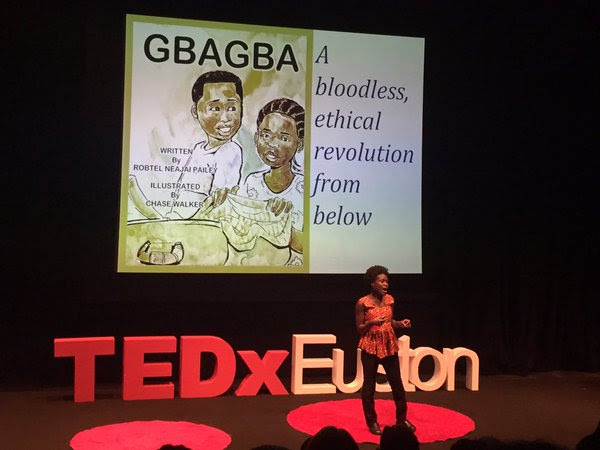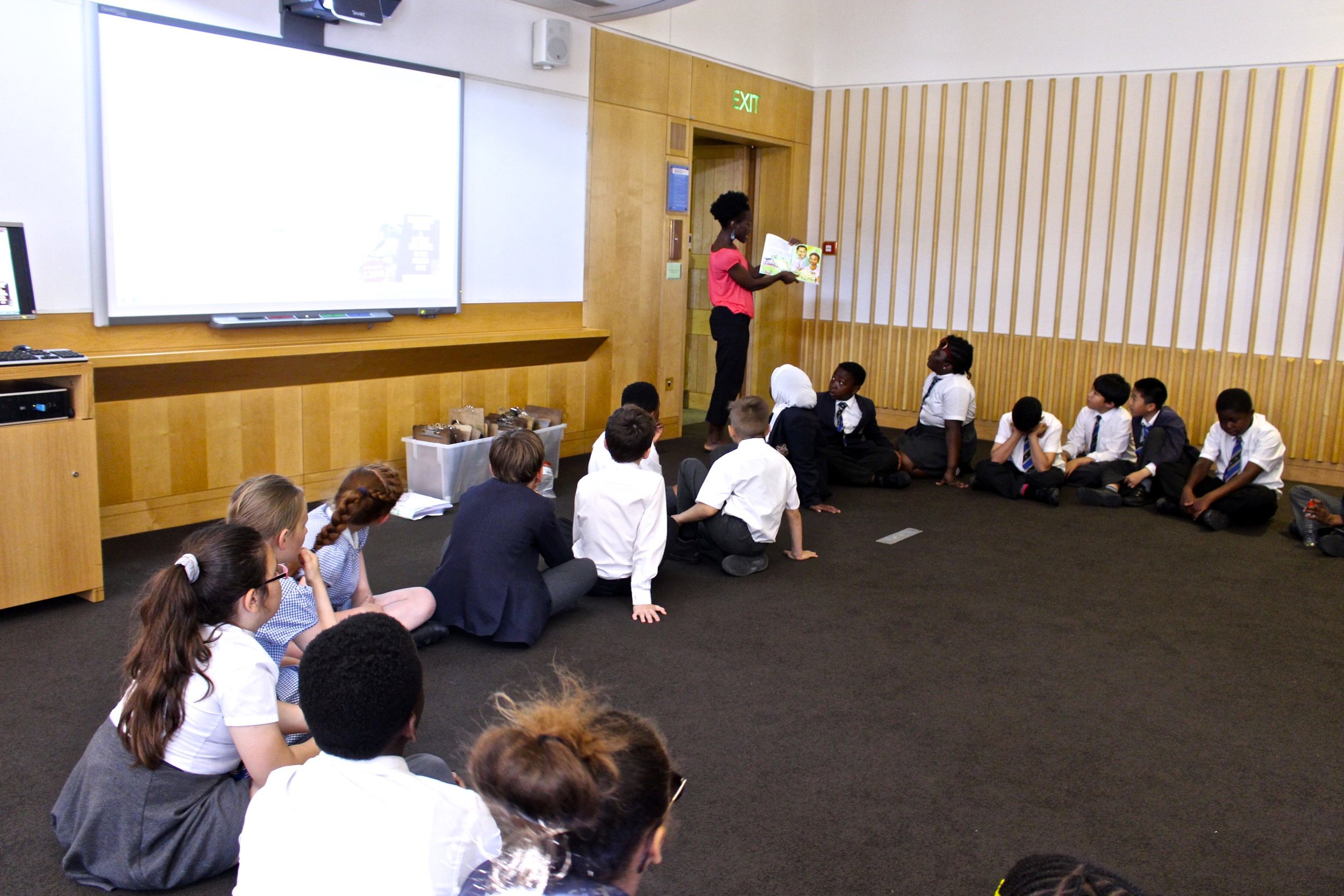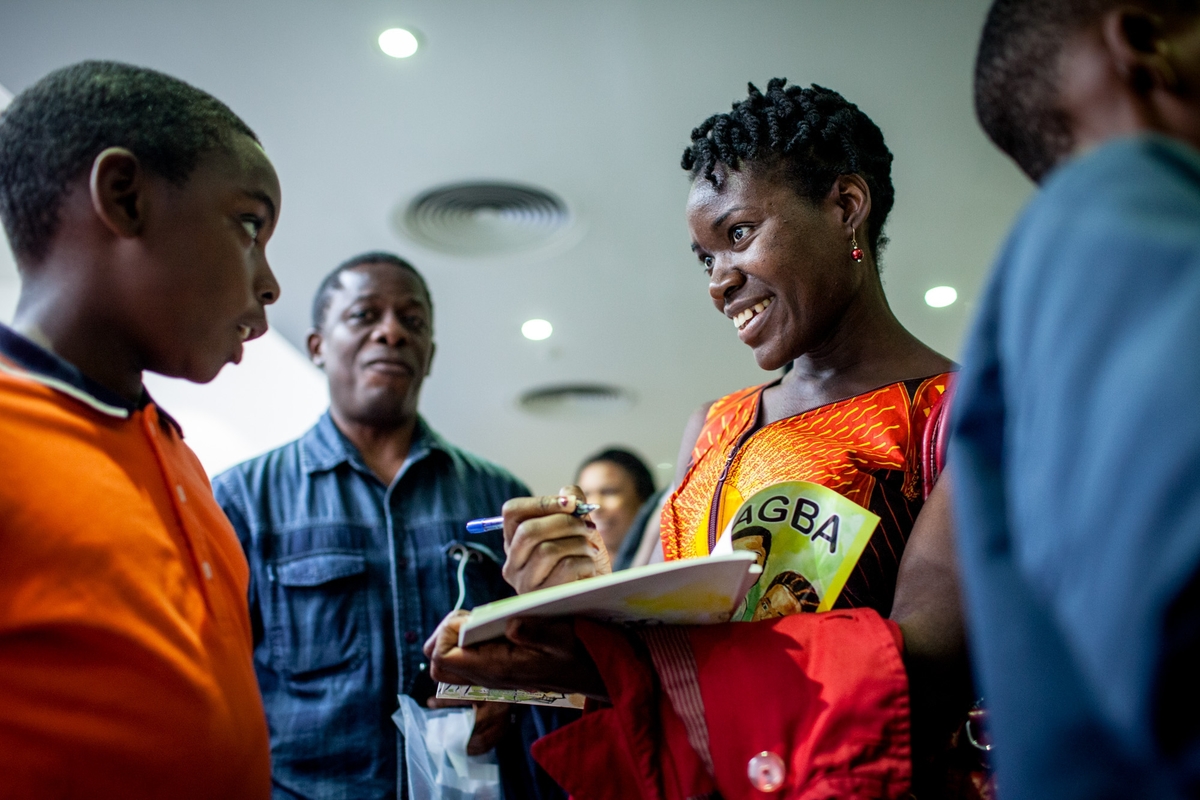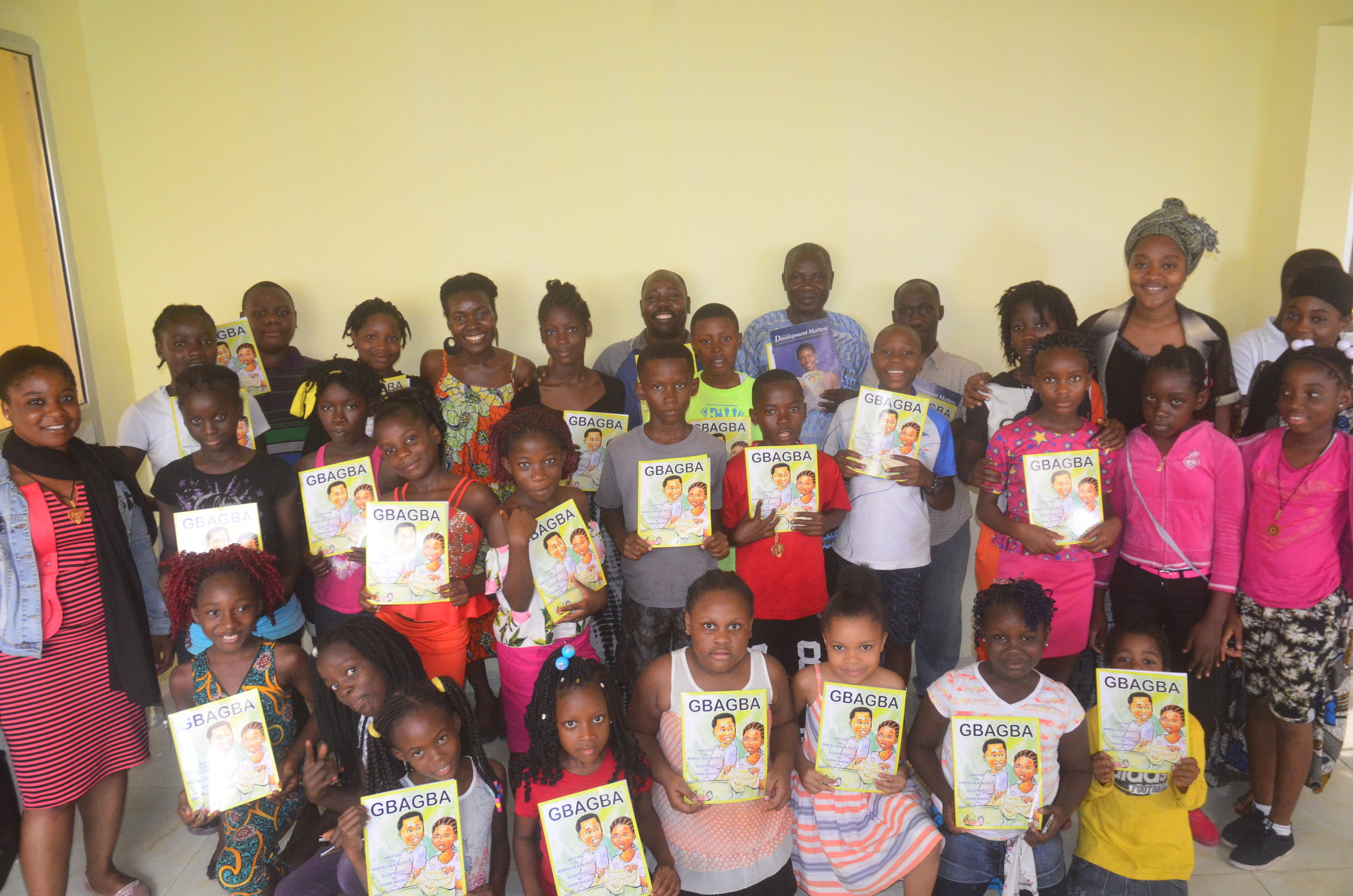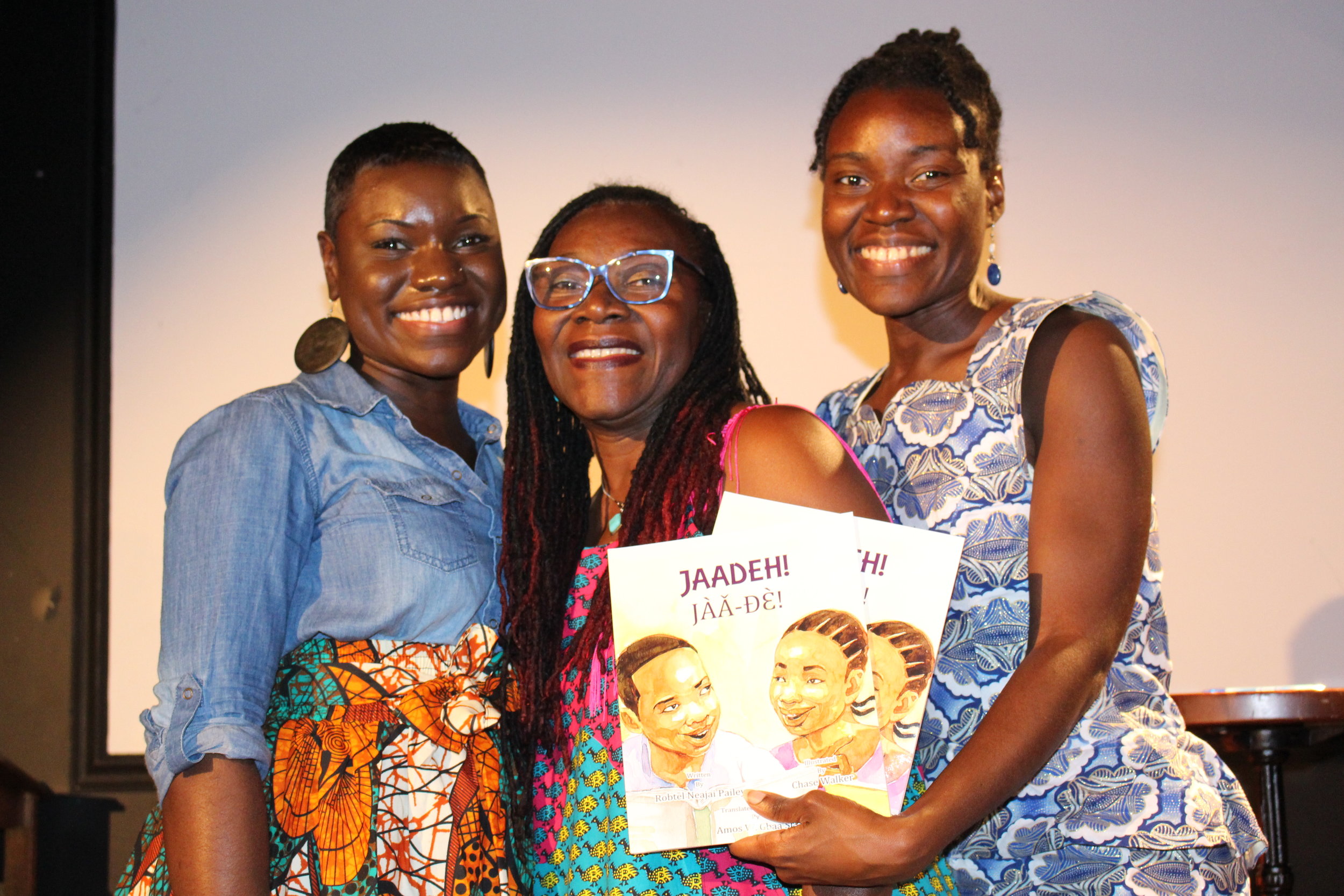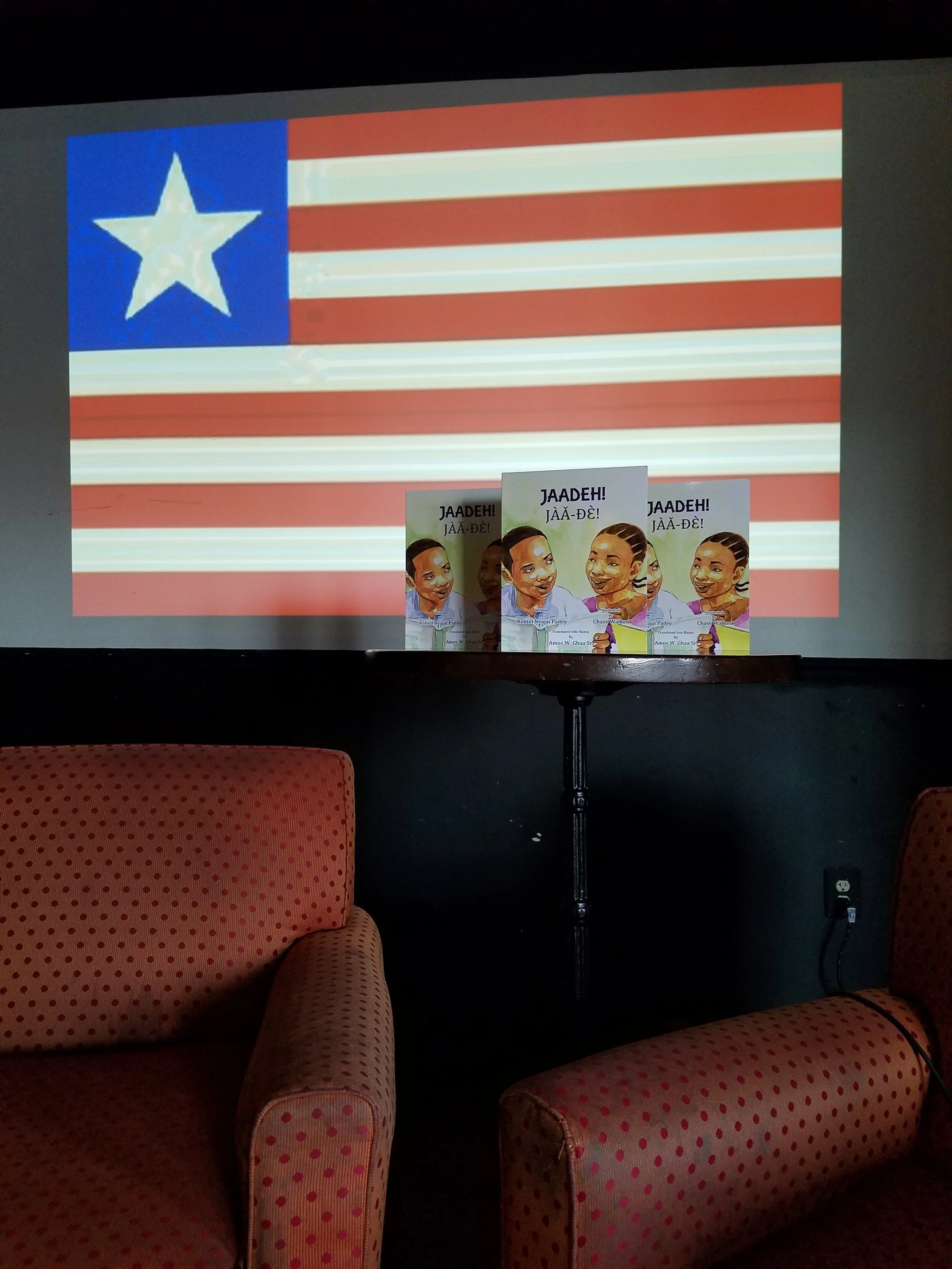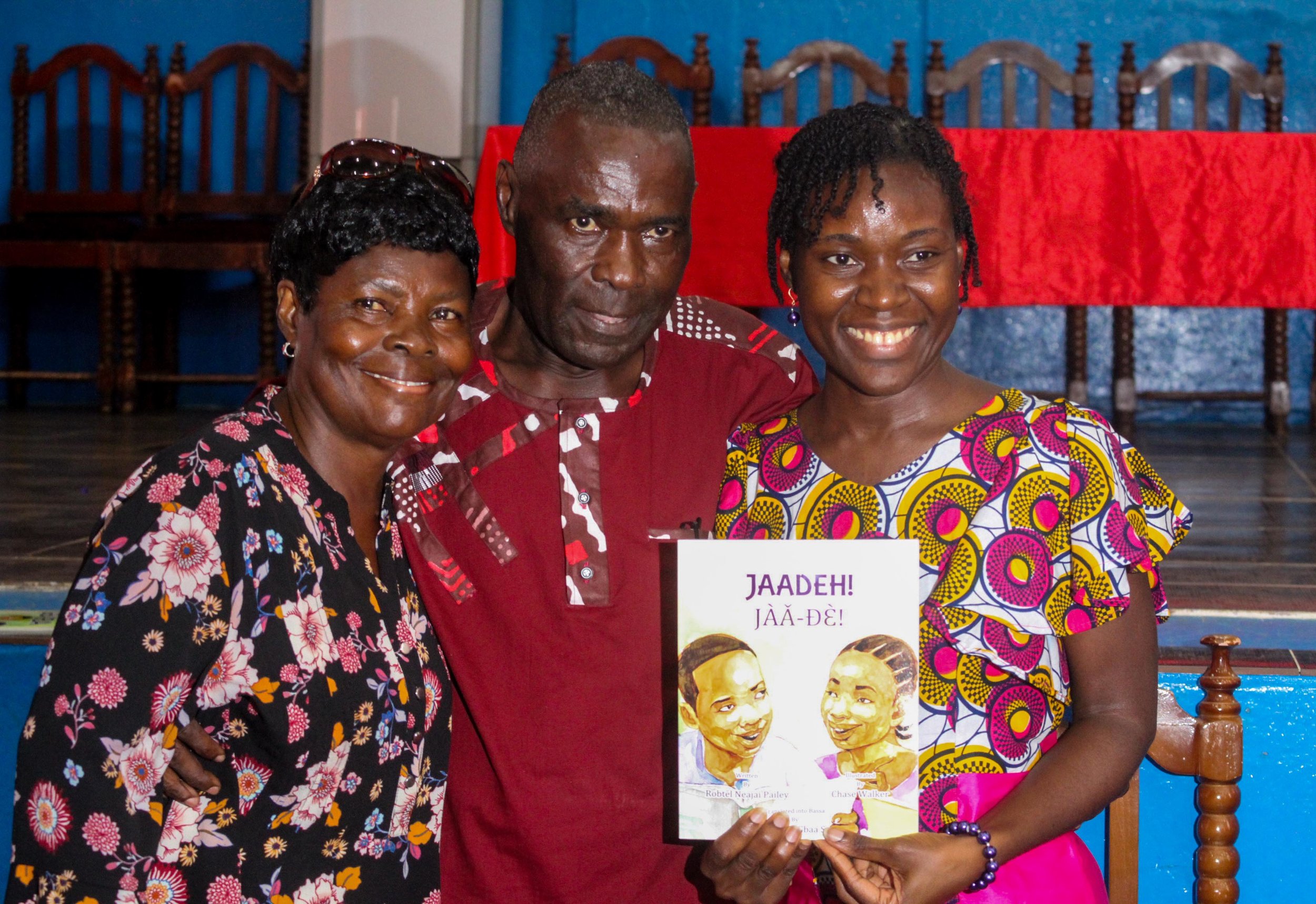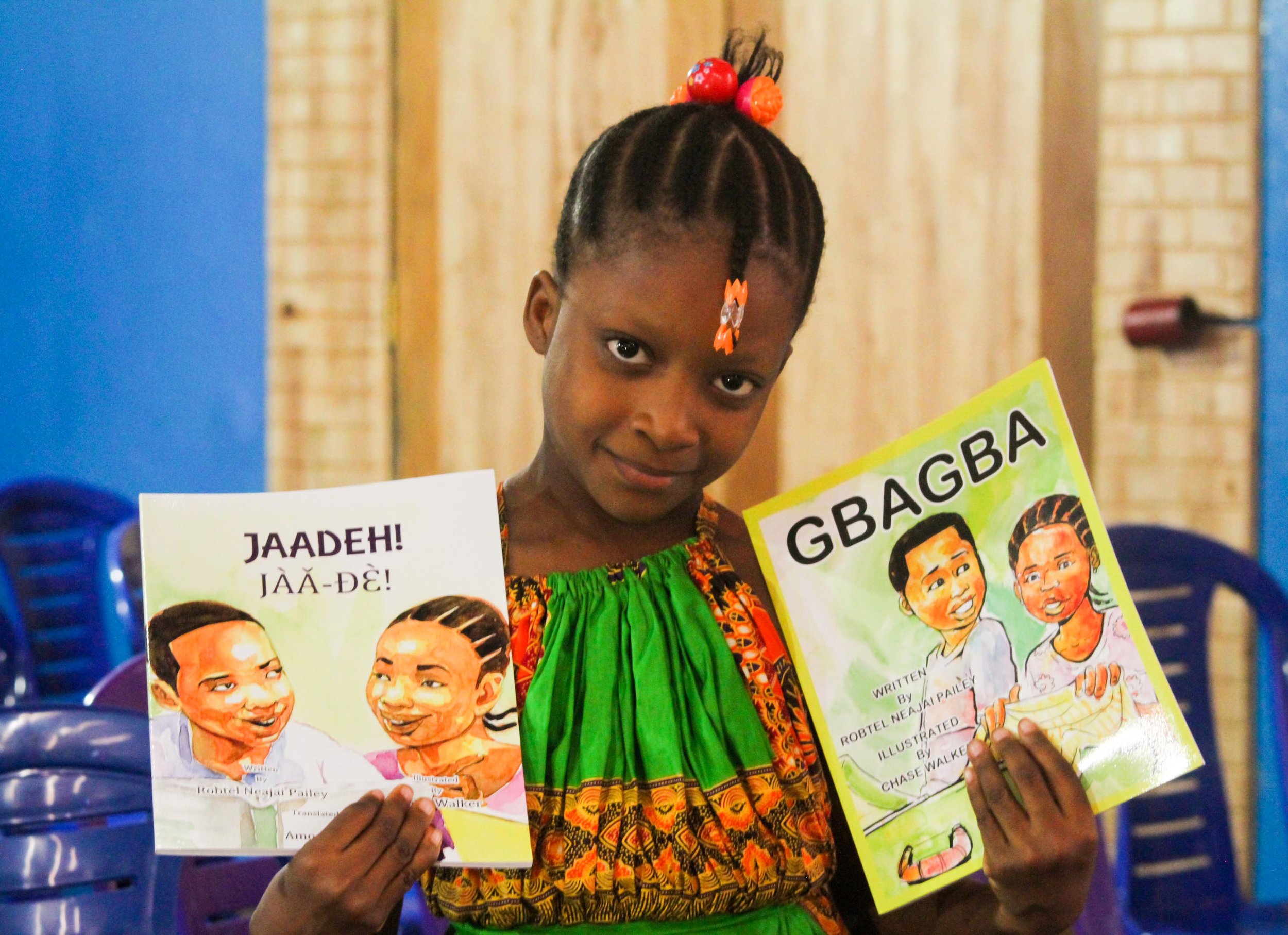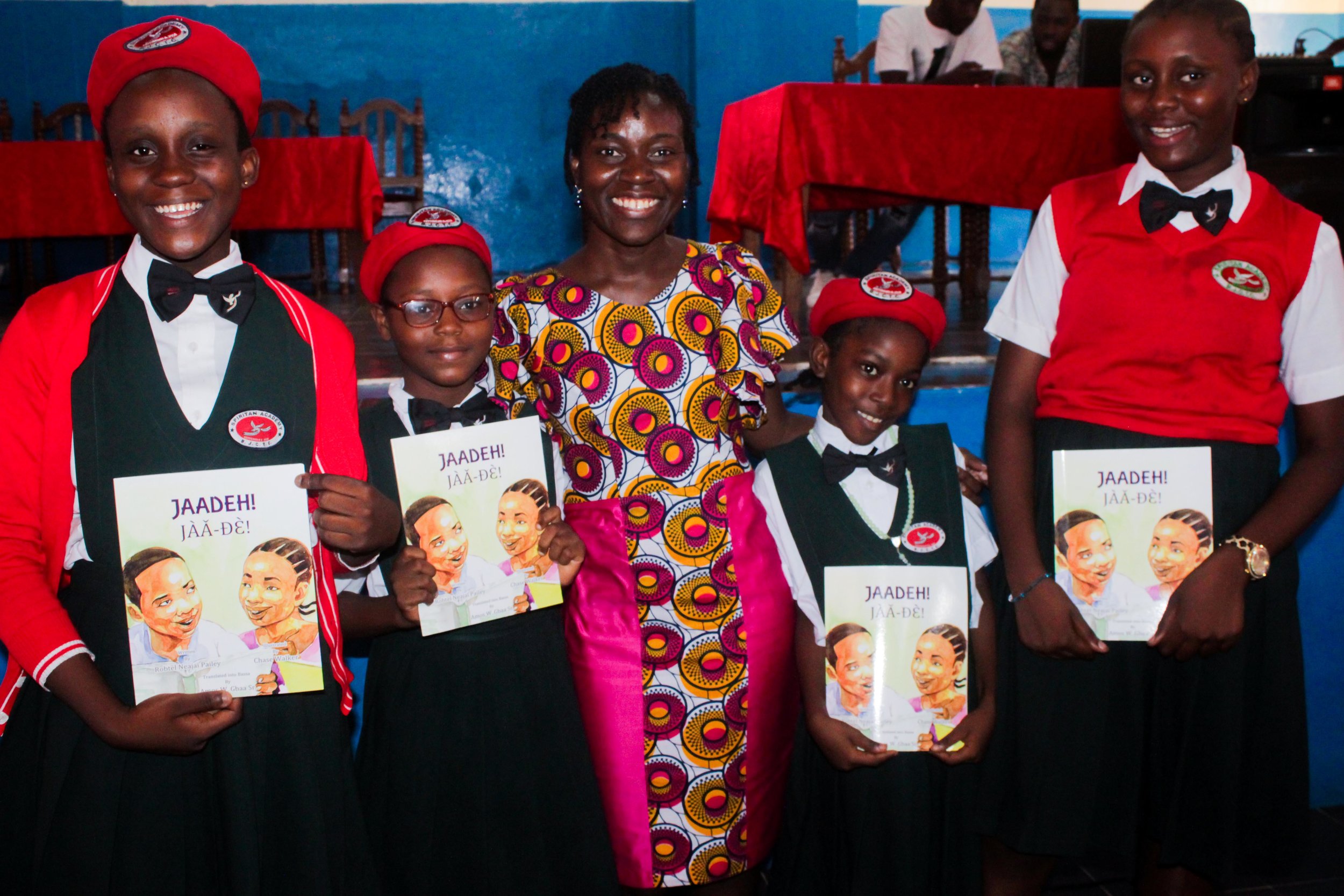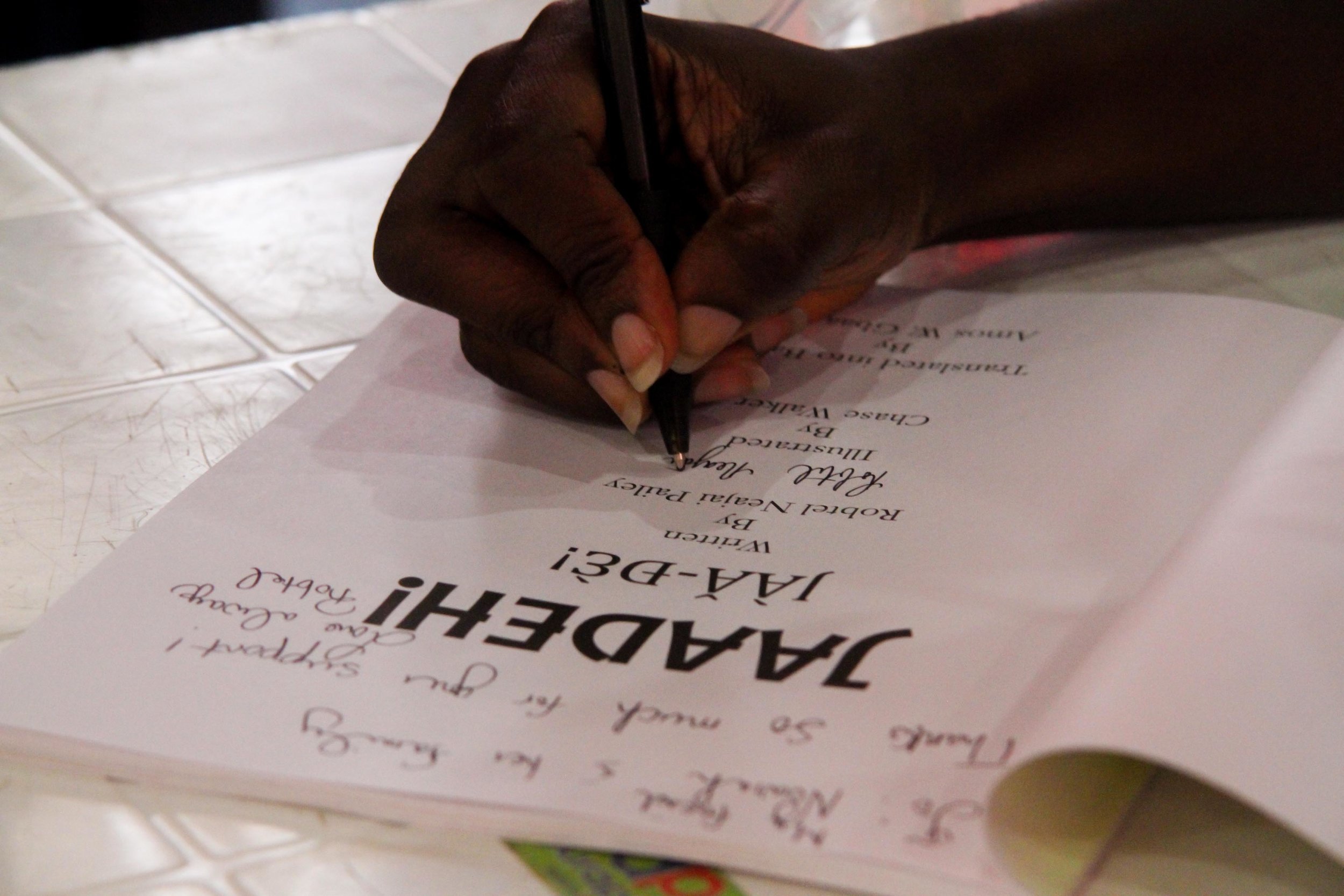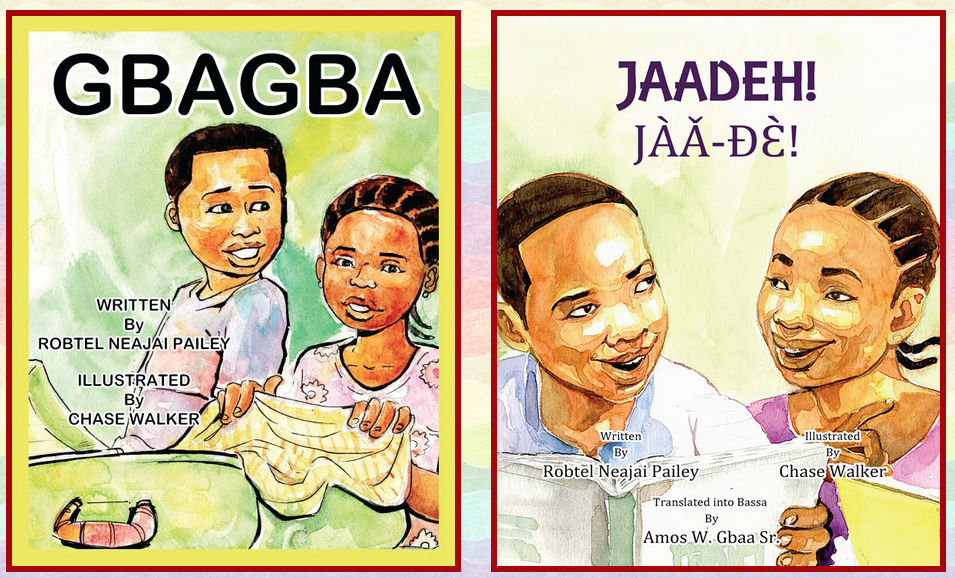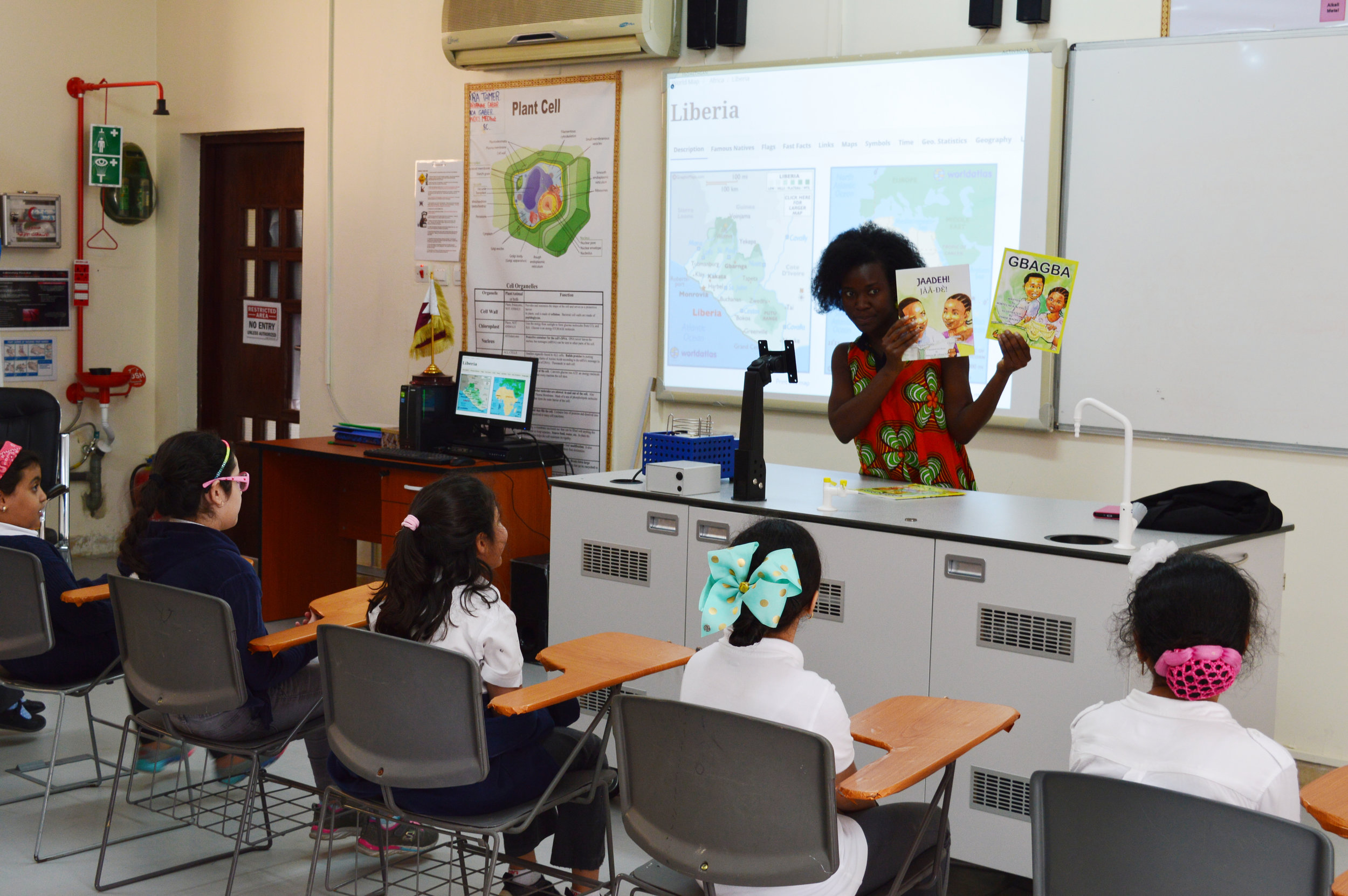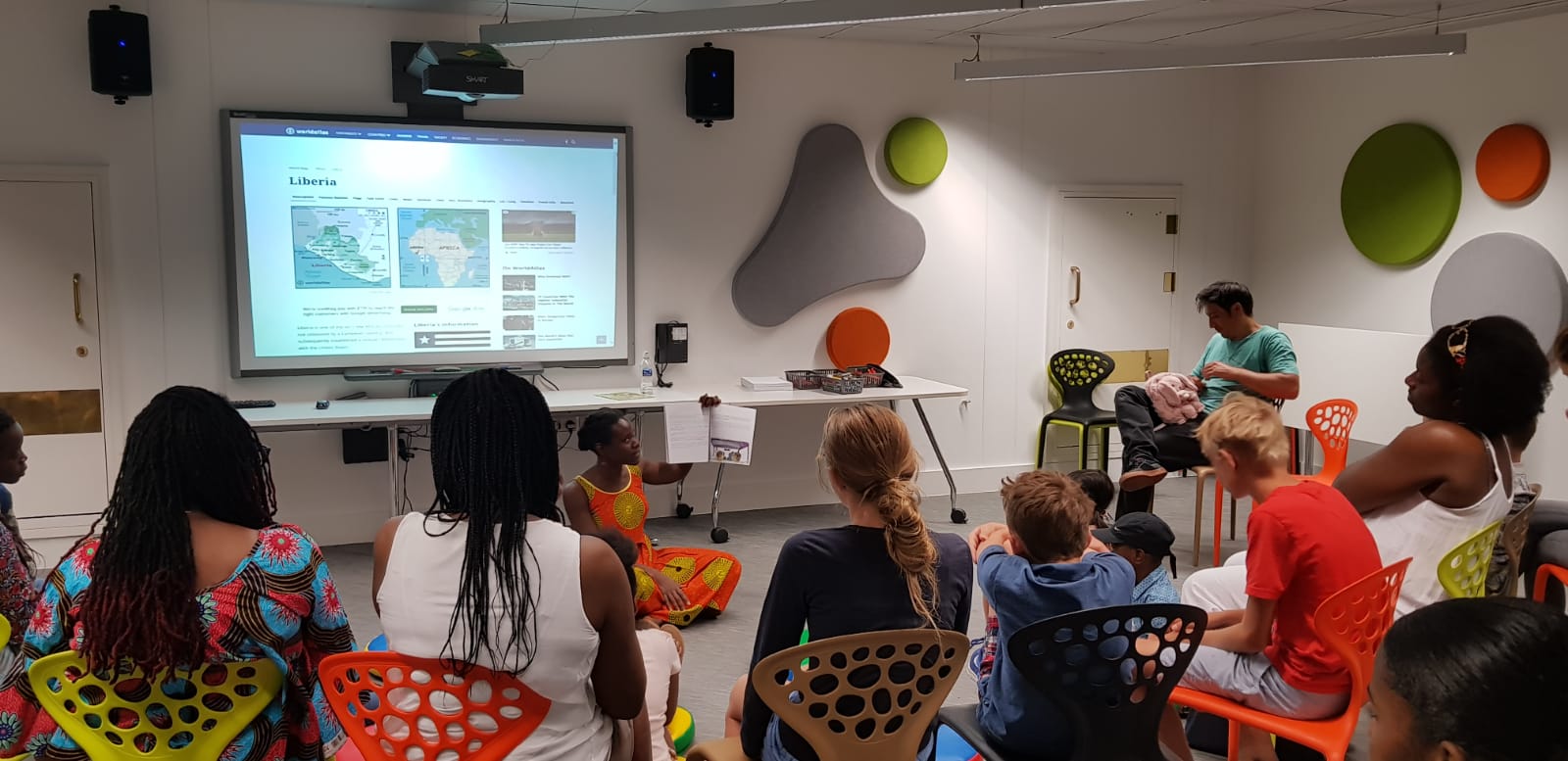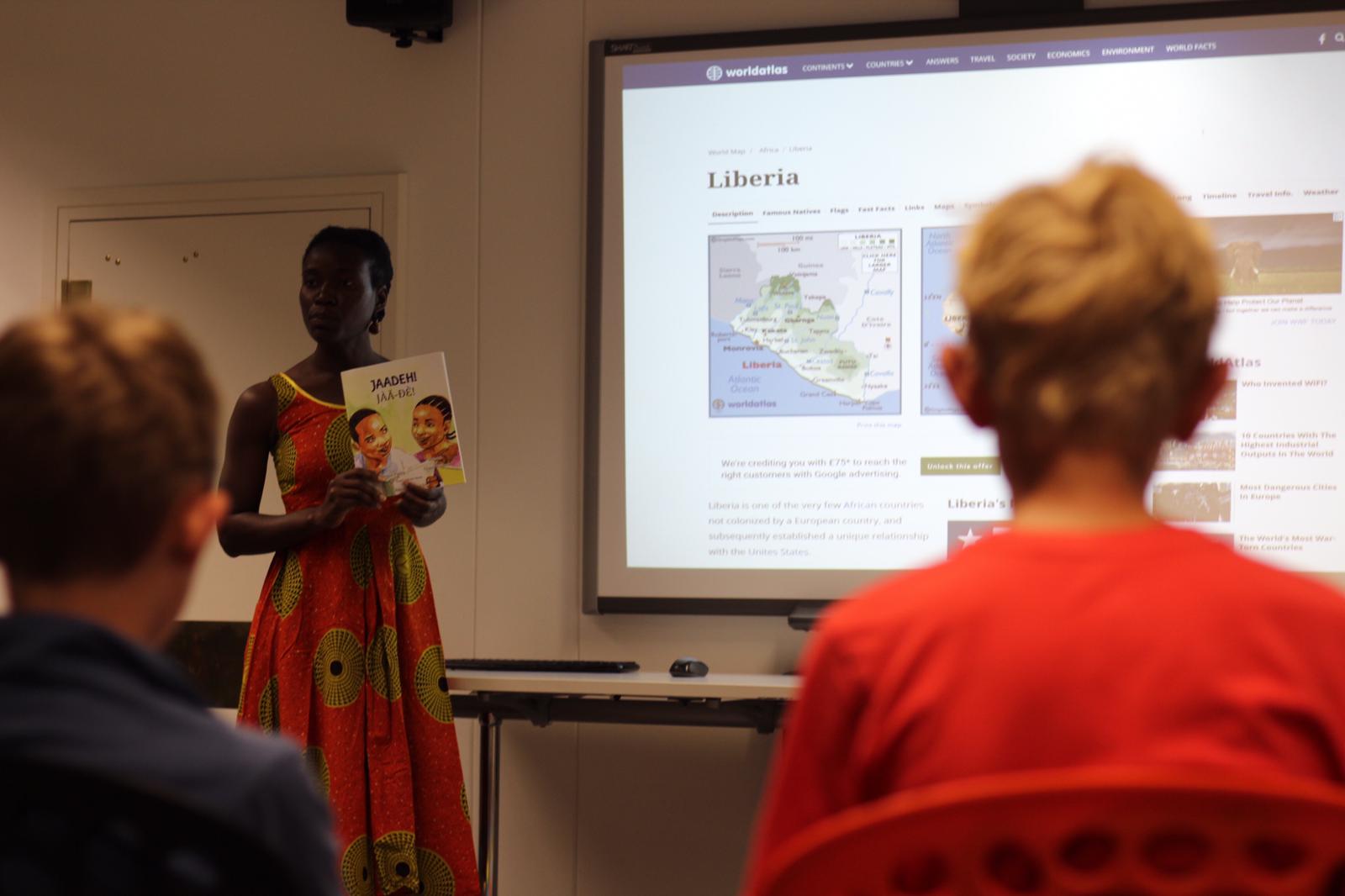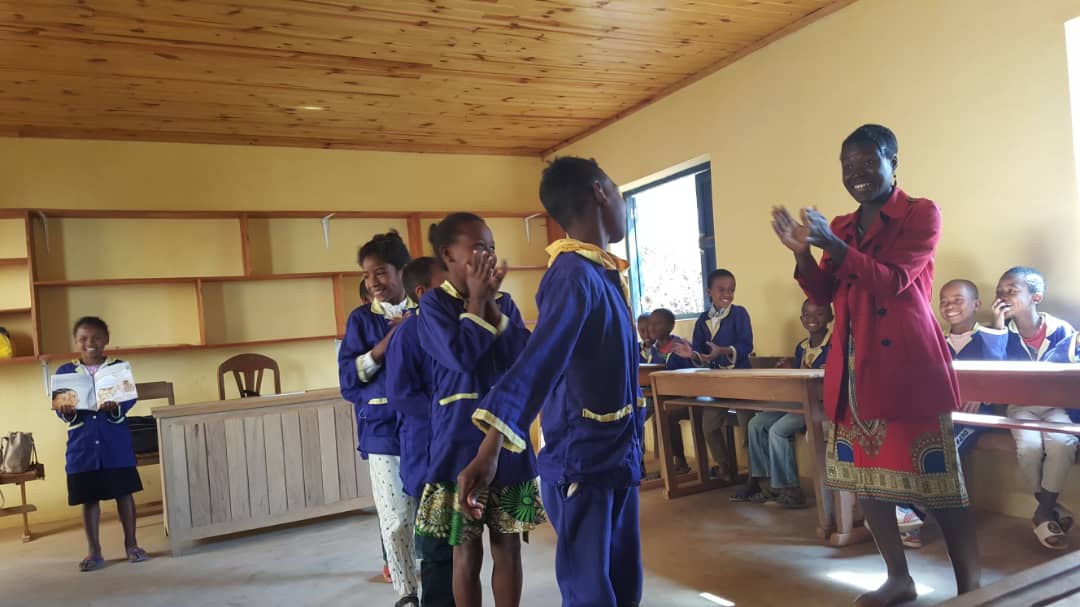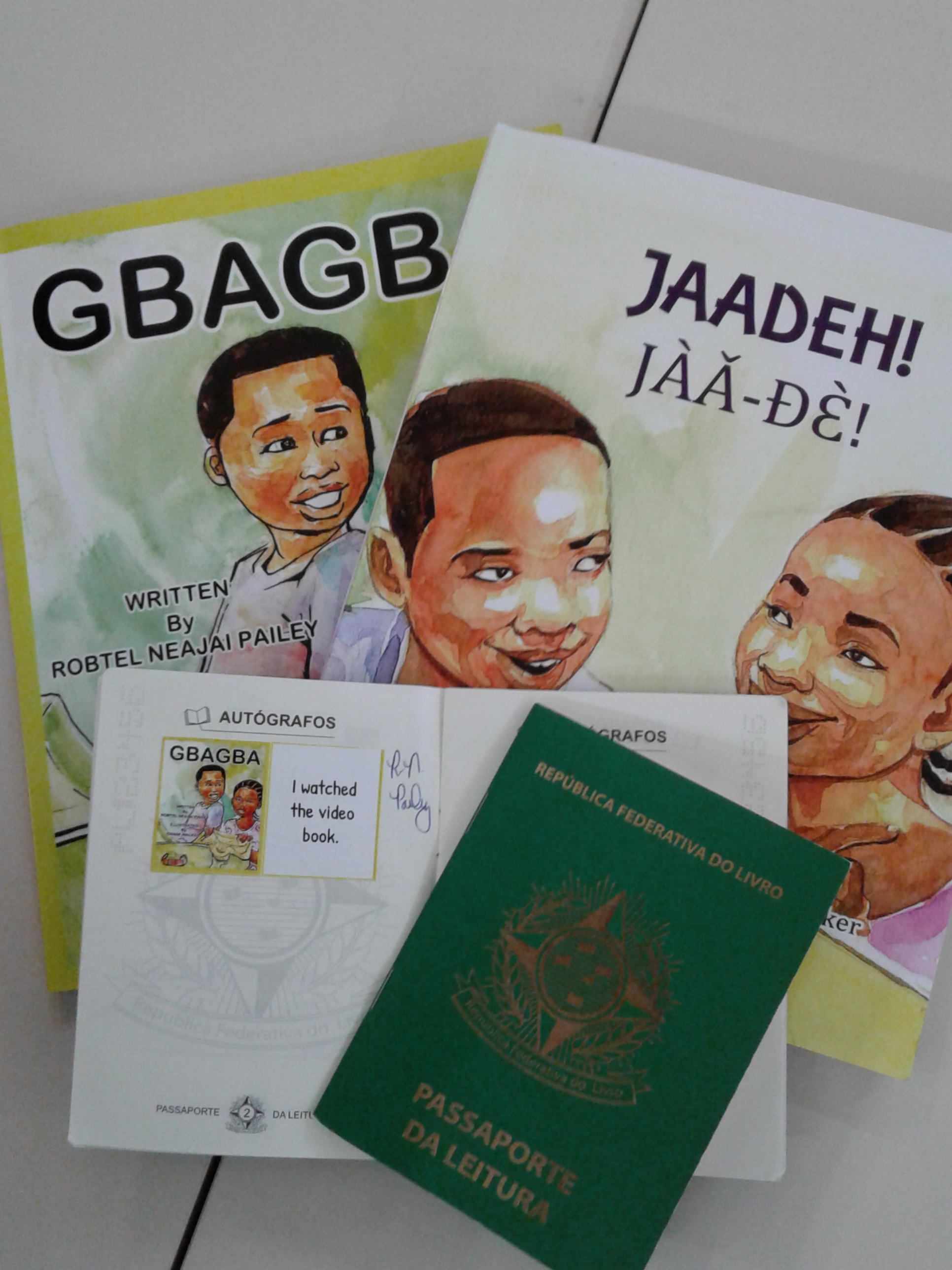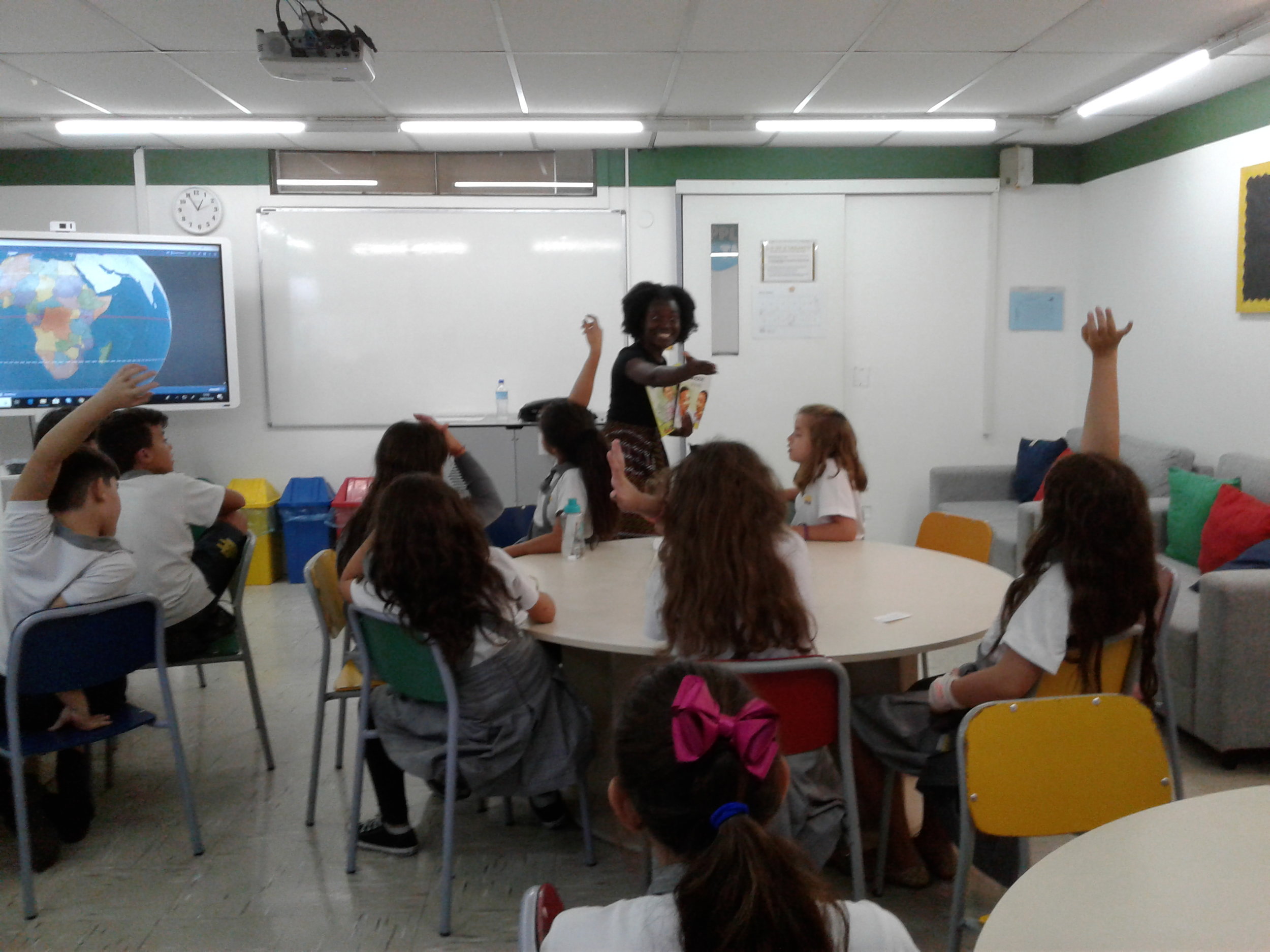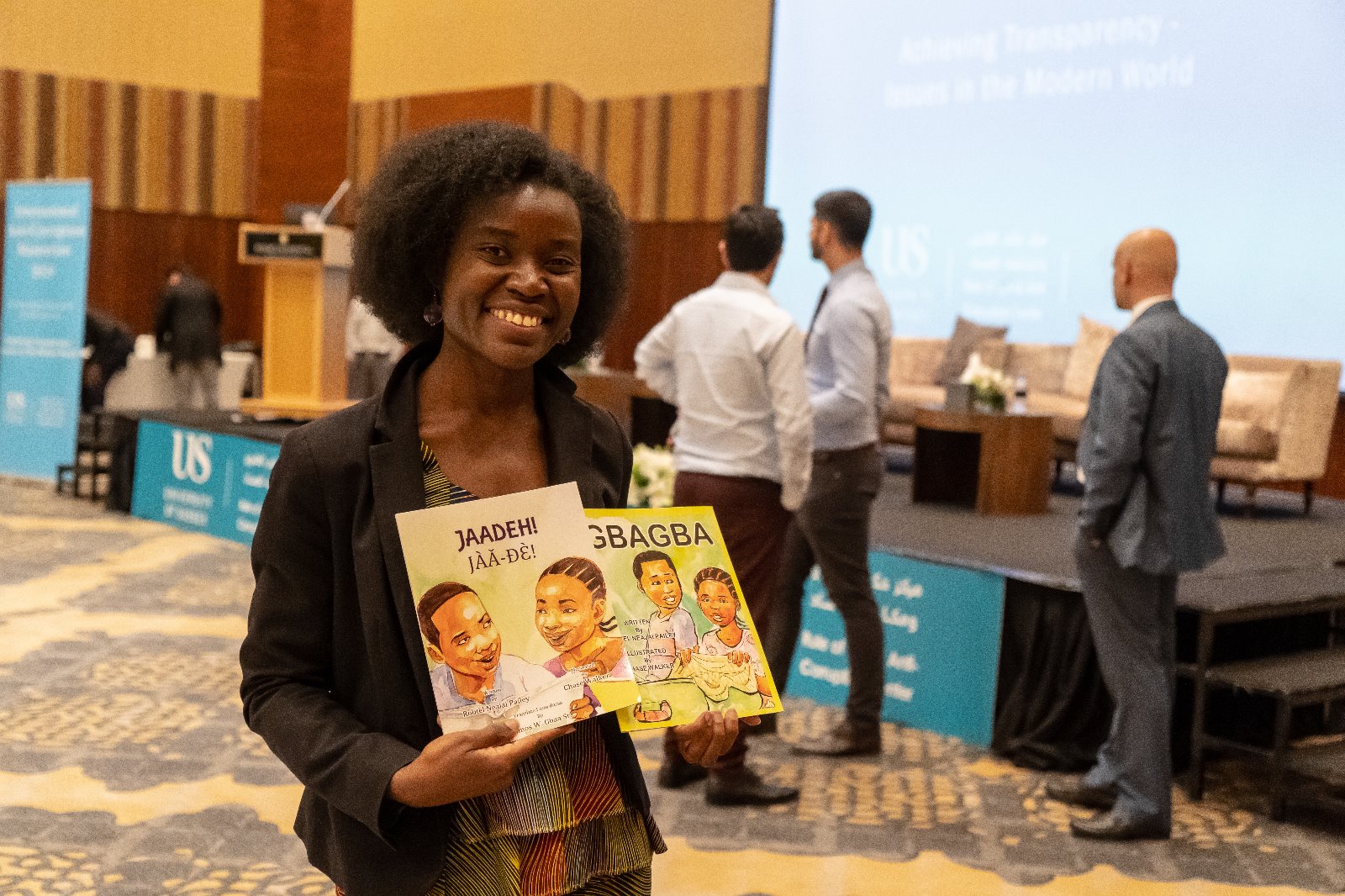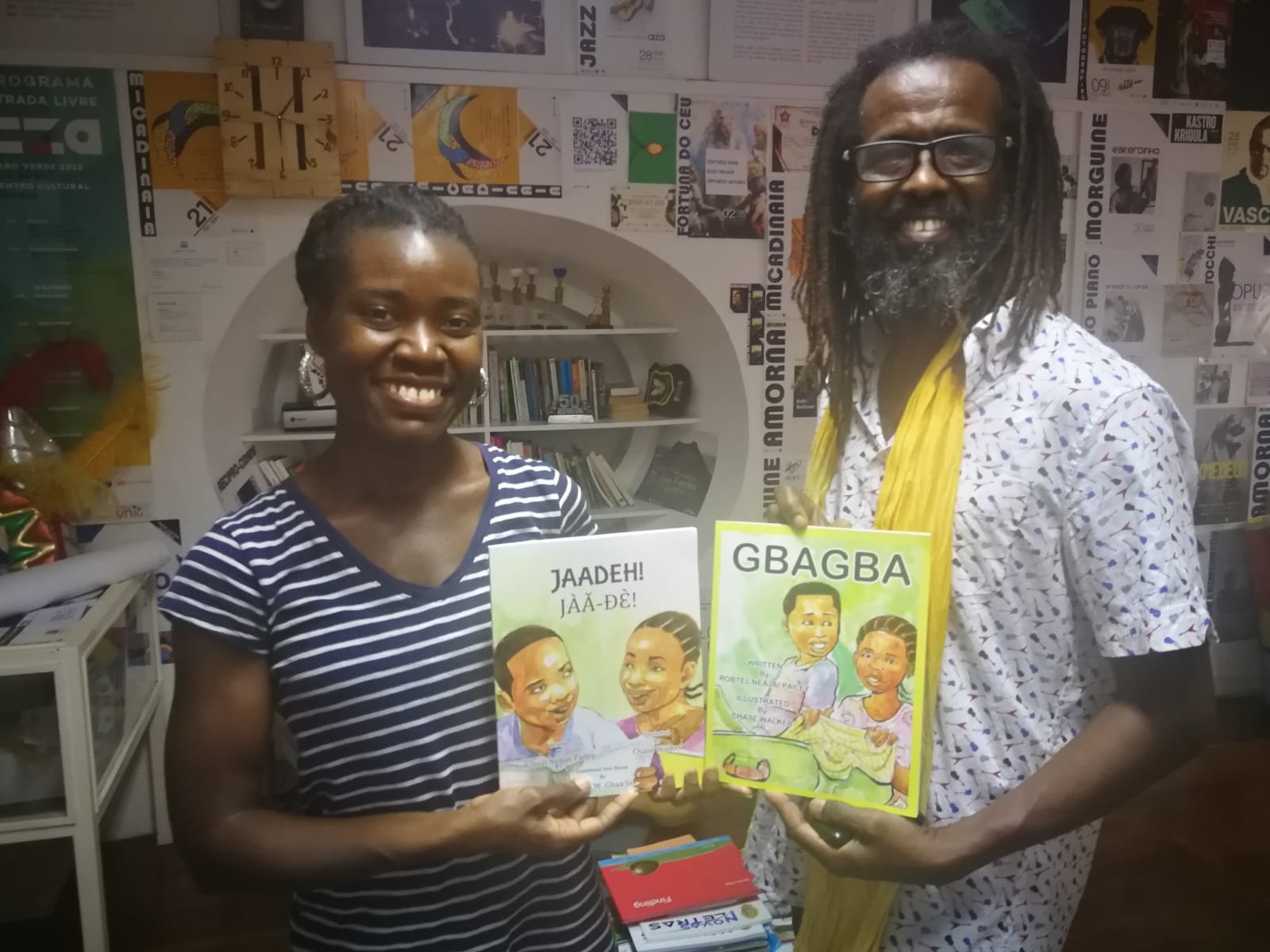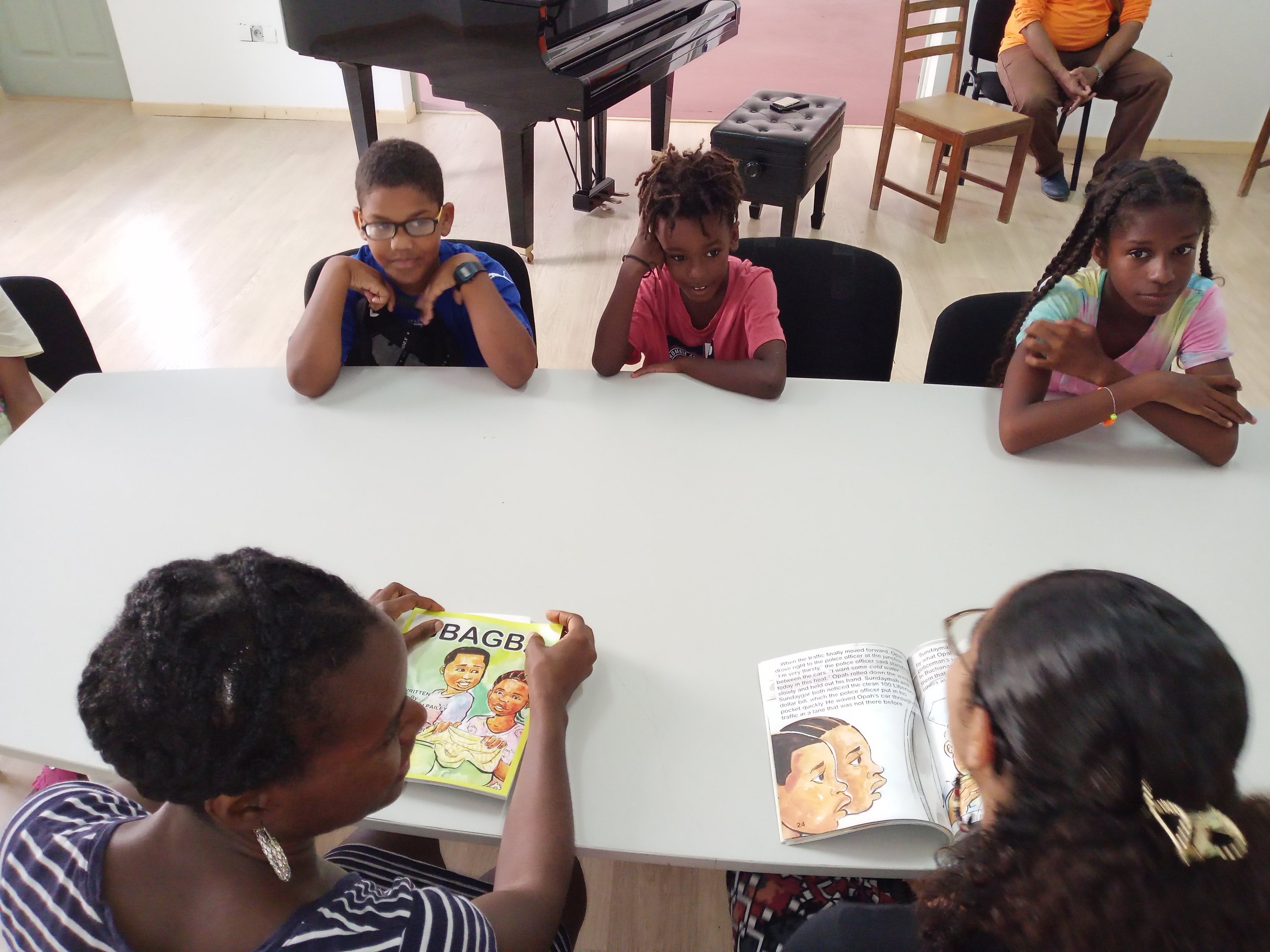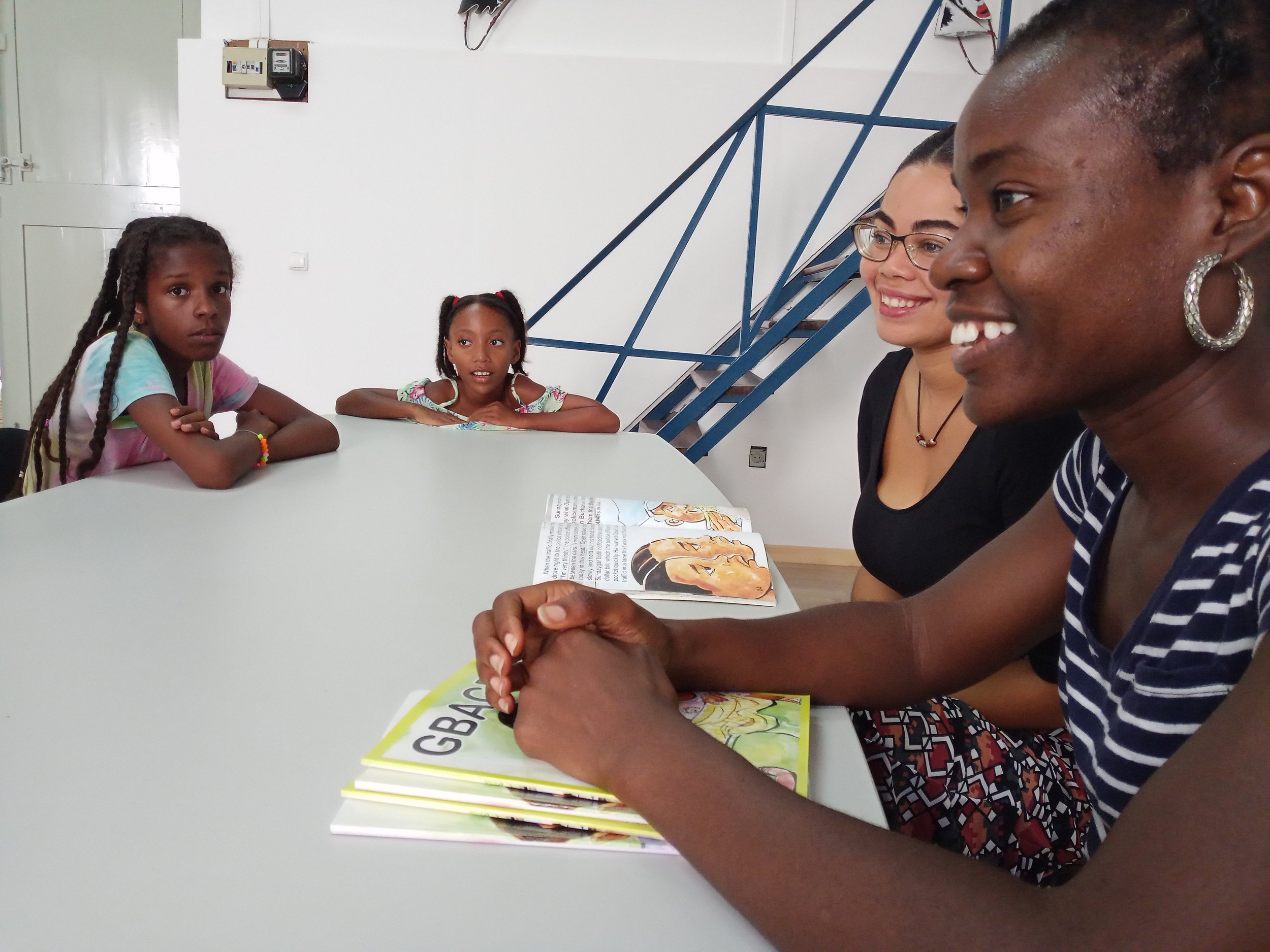It has been exactly one year since newly inaugurated Liberian President George Manneh Weah sparked controversy by declaring staunch support for enacting dual citizenship and repealing a constitutional "Negro clause", which prohibits non-blacks from obtaining citizenship by birth, ancestry or naturalisation.
Although the footballer-turned-president acknowledged the historical preoccupations of Liberia's settlers who fled 19th century economic servitude in the United States and the Caribbean, he claimed that upholding the "Negro clause" and prohibiting dual citizenship would impinge upon the country's 21st century post-war progress and prosperity, especially given the vital development contributions by Liberians abroad.
Yet, my research on how Liberians view citizenship in general and dual citizenship in particular - based on over 200 interviews in cities in West Africa, Europe, and North America - shows that the laws remain unchanged because objections to amendments are deeply socioeconomic in nature, and cannot be simply wished away by presidential proclamations. Liberians experience citizenship differently based on their class, gender and ethnicity, and this largely influences whether they reject or accept dual citizenship and the "Negro clause".
